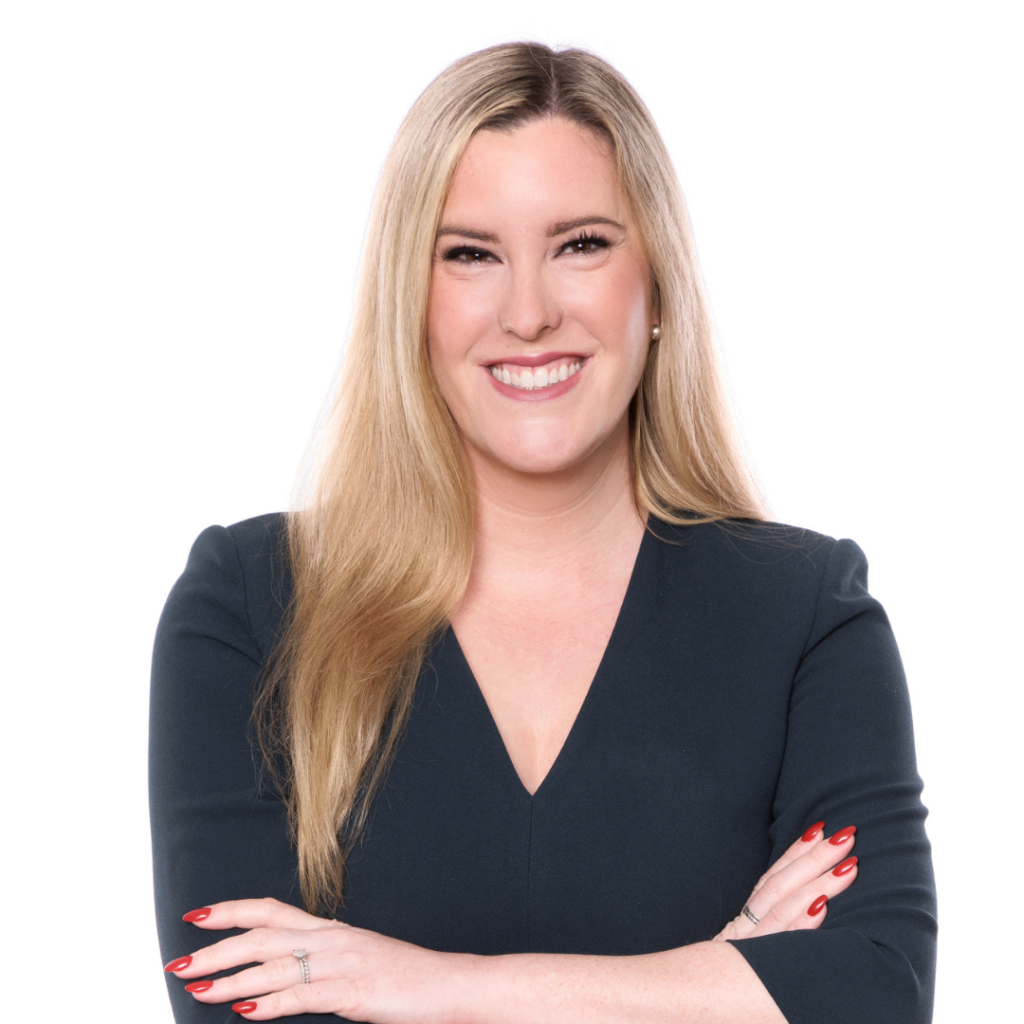The Ontario government just announced massive changes to the provincial no-fault automobile insurance regime.
The changes come into effect July 1, 2026 and will make all coverage optional except for medical rehabilitation and attendant care benefits.
This means that consumers will need to opt-in and pay extra if they want to have coverage for lost wages, non-earner benefits, housekeeping expenses, caregiver expenses, educational expenses, visitor expenses, expenses for damage to personal items, death benefits and funeral benefits.
Ontario’s current no-fault benefits provide insurance coverage when individuals are injured in automobile accidents in Ontario. There is coverage regardless of who was at-fault for an accident. The current regulation provides coverage for lost wages at $400 per week unless a consumer has chosen to optionally increase their income replacement coverage to a higher amount, which entails higher premiums. Housekeeping and caregiving expenses have always required optional additional premiums unless the individual is declared catastrophically impaired.
What does this mean for consumers?
Although the change has the potential to keep costs lower for consumers by taking an “à la carte” approach to automobile insurance coverage, it runs the risk that individuals could lack critical coverage when they need it the most.
Under the new changes, coverage for income replacement benefits to cover lost wages are now optional. Consumers will have to be careful not to leave themselves exposed and underinsured if they are in a collision. Most consumers will be tempted to go with the cheapest option but if they are in a collision and cannot work, they need to understand that they won’t have any income replacement unless they have opted in to pay extra for that coverage.
This change will also have significant implications for those who do not have vehicle insurance but are in a motor vehicle collision, such as pedestrians, passengers and cyclists. They will now be at the mercy of the individual’s motor vehicle insurance policy through which they claim no-fault benefits.
Although these changes may give consumers more choice and the possibility of lower insurance premiums, they also put the onus on consumers to make sure they have adequate coverage for their needs. Under this new regime, consumers will be heavily reliant on insurance brokers to explain what they are opting in or out of to make sure they are making an informed choice that is best for them and their families and does not leave them exposed if they are injured in an accident.
Insurance companies often send annual auto-renewal notices to their existing customers. If this occurs under the new system, many people may not even speak directly with a broker. There is a risk that the insurers could simply send a renewal with the minimum basic coverage to their existing customers. If this is the case, consumers would likely have the onus of contacting their insurers to opt-in to additional coverage options that may have previously been covered under the previous regime. It will be important for individuals to carefully review their renewal notice and reach out to their insurers if they want to make changes or additions to their coverage.




